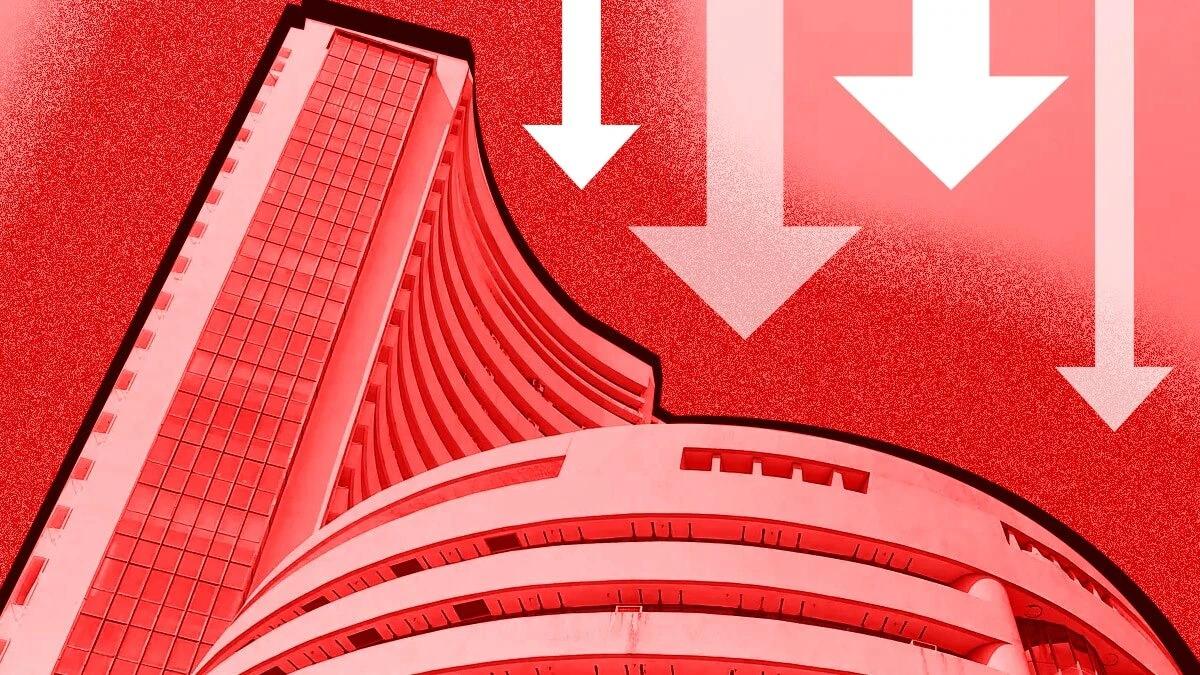New Delhi (The Hawk): On Thursday, the Supreme Court issued an order requiring all state governments and high courts to submit progress reports about the establishment of "Gram Nyayalayas" across the nation.
The National Federation of Societies for Fast Justice was represented by attorney Prashant Bhushan before a bench of Justices S. Abdul Nazeer and Hima Kohli. He argued that although some states claimed to have an alternative system, the law already addresses this issue because it uses the phrase "notwithstanding, any other system in place."
The Central government has also taken the position that it was not mandatory if some equivalent arrangements were in place, as the law used "may" instead of "must," he added, noting that several state governments had not even built a single Gram Nyayalaya.
The top court ordered all state governments and the high courts to submit progress reports about the establishment of Gram Nyayalayas across the nation after hearing Bhushan's arguments. It provided eight weeks to the states and the high courts.
A law establishing Gram Nyayalayas at the local level to give citizens access to justice at their doorstep was passed by the Parliament in 2008.
Bhushan said that the Gram Nyayalayas Act of 2008 only excluded a small number of regions, including the northeast and tribal communities.
The highest court had ordered state governments to create Gram Nyayalayas by 2020; these notifications have not yet been released. Additionally, it had requested that state government consultation proceed more quickly from the high courts.
According to the argument, some portions of the Act mandate that each Gram Nyayalaya be assigned a "Nyayadhikari" by the state government after consulting with the high court.
The Center and other parties in the case received notice from the top court in September 2019.
The petitioner said that the 2008 Act's goal was to ensure that everyone has "access to justice." However, as Section 3 of the Act stipulates that state governments "may" form Gram Nyayalayas, the concerned states have been working to undermine the Act's intended outcome.
(Inputs from Agencies)





















